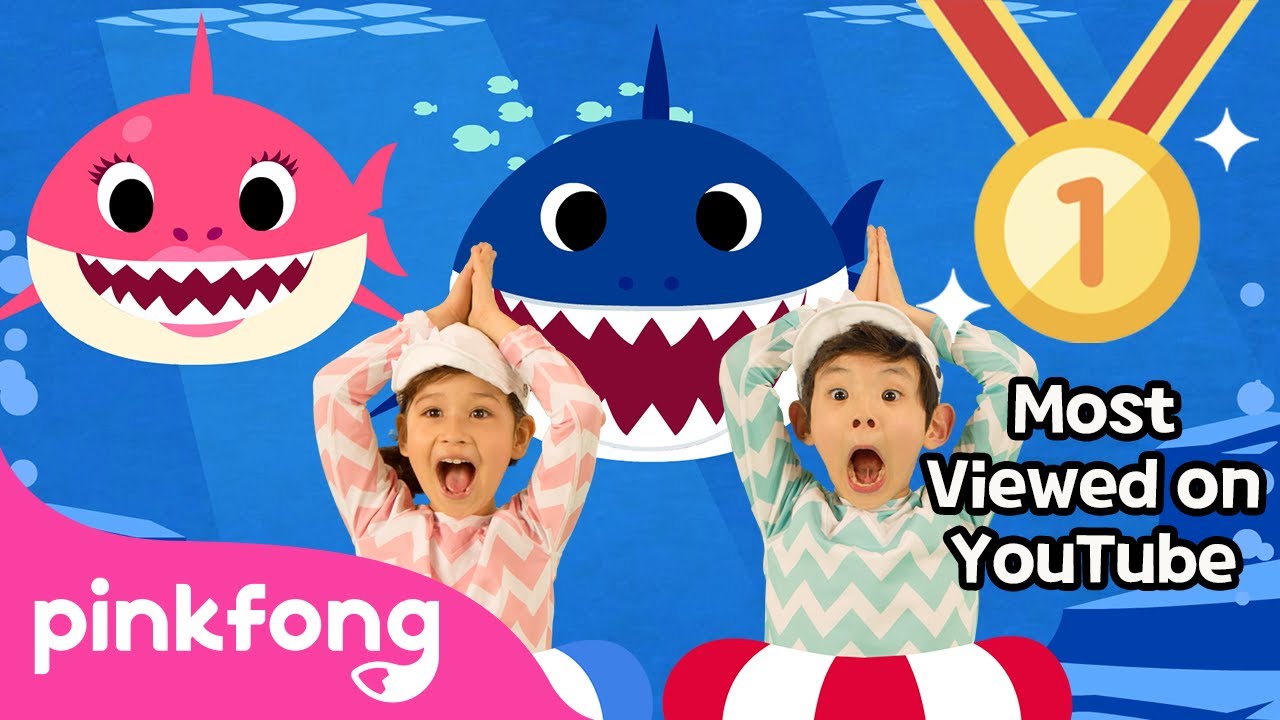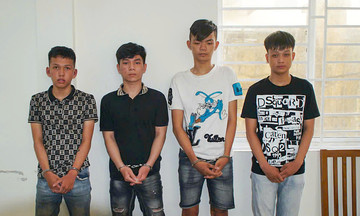The South Korean Supreme Court ruled today in the high-profile case, ending a six-year legal battle surrounding the "Baby Shark" song.
New York musician Jonathan Wright, known professionally as Johnny Only, filed a lawsuit in Seoul in 3/2019, claiming "Baby Shark" was based on his 2011 version of the folk tune and that SmartStudy had infringed his copyright by releasing their version.
"I was the first to do it (rewrite the song), you know? And basically, Pinkfong's version did the same thing," Wright said in a 2019 interview.
SmartStudy, now The Pinkfong Company, maintained their song was derived from a North American folk song and was unrelated to Only's work.
The company stated it created a shark family by arranging old folk songs. They argued traditional children's songs are not subject to exclusive copyright, therefore no infringement occurred.
The company cited the conditions for determining copyright infringement, including: the existence of the original work and substantial similarity between the derivative and original work.
 |
Pinkfong's "Baby Shark" is currently the most-viewed video on YouTube with over 16 billion views. (Yonhap) |
Pinkfong's "Baby Shark" is currently the most-viewed video on YouTube with over 16 billion views. (Yonhap)
The initial trial court ruled in favor of Pinkfong in 7/2021, stating neither condition was met.
The court found insufficient evidence that Only's song added new creative elements to the folk song. Even if he had adapted it sufficiently, there wasn't enough evidence to conclude Pinkfong had infringed copyright.
Only appealed the decision, but the second trial in 5/2023 upheld the original ruling. The appellate court found it difficult to pinpoint any copied elements from Only's song in Pinkfong's version. Both were considered derivative works based on the same traditional folk song.
Agreeing with the lower court, the appellate court ruled Only's song was not a derivative work protected by copyright law, thus dismissing the appeal.
Only subsequently appealed to the Supreme Court.
In its ruling this morning, the Supreme Court reaffirmed a long-standing legal principle: "When composing a new song based on an existing folk melody, the work can only be protected as a derivative work if it includes modifications or additions that, by societal standards, equate to a new and original creation."
The Court added, "if the changes are minimal and the result cannot be considered an original work, copyright protection under the Copyright Act does not apply."
The Court acknowledged the possibility that Pinkfong may have encountered Only's version while creating theirs. However, they concluded Only's song lacked sufficient elements to be considered a new product, therefore wasn't protected by copyright. The use of electric guitar and synthesizer sounds were deemed merely instrumental additions, not a "new composition".
The Supreme Court dismissed Only's final appeal, upholding the lower courts' decisions.
Pinkfong stated the Supreme Court's decision confirmed "Baby Shark" is based on "a traditional song that has become public domain," and "firmly establishes that our song does not infringe copyright."
The company said their "Baby Shark" version added creativity by adapting, translating, and rewriting the traditional lyrics for young children. Pinkfong "breathed new life into the song by adding an upbeat rhythm and catchy melody, turning it into the pop culture icon it is today."
Pinkfong's "Baby Shark" is the most-viewed video on YouTube, with over 16 billion views to date. Numerous versions exist, ranging from cute to adventurous and predatory, some arguably influenced by the 1975 film Jaws.
The song's origins are quite old, not an entirely new creation by an individual or modern entertainment company but stemming from a folk song/game passed down orally through generations in English-speaking countries.
In the US, for instance, it has existed since at least the 1970s, sung by children and summer camp counselors as a warm-up and hand exercise.
The original lyrics describe each member of a shark family (baby shark, mommy shark, daddy shark, grandma shark, grandpa shark) with hand motions mimicking the size of the shark's mouth.
Hai Thu (Yonhap, Korea Joongang Daily)












